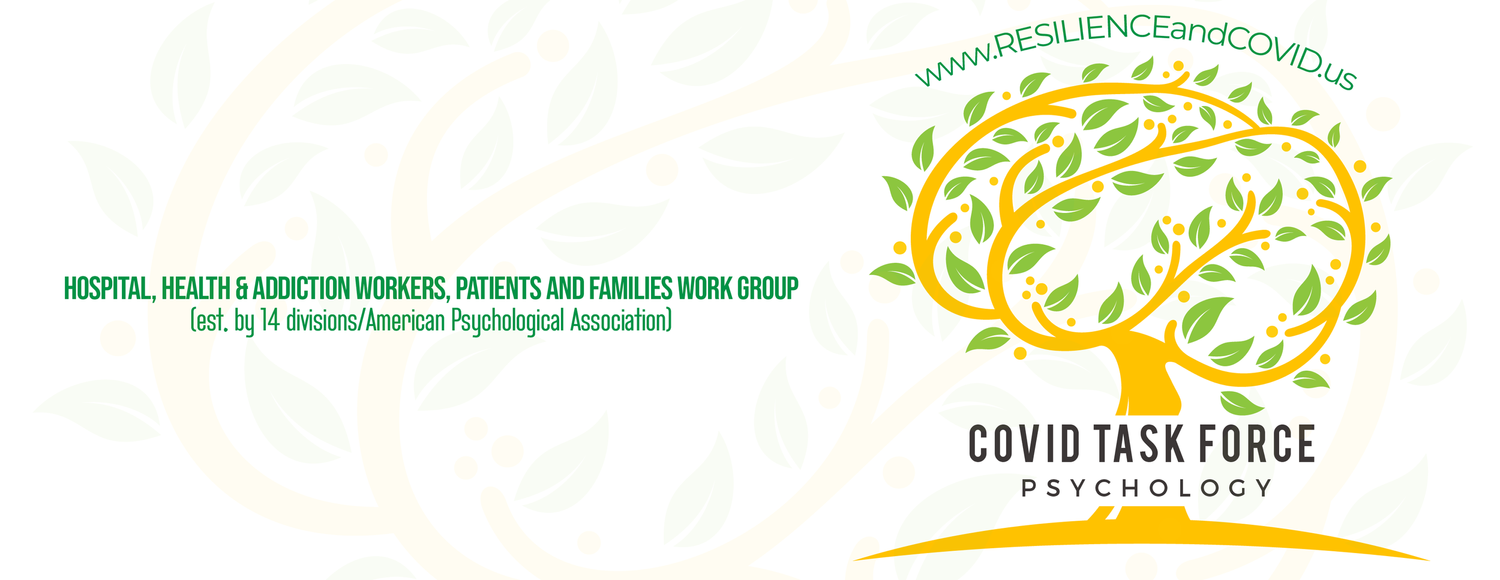3 Ways to Grieve When Your Grief Has No Place to Go
Making space for personal loss and collective grief while helping your patients.
Today is the anniversary of my mother’s passing. It is difficult to move, to speak, to make my morning coffee. It occurs to me that I’m grieving. As if I don’t have enough going on …
Yes, I’m grieving, but I’m also dealing with the epidemic within the pandemic. Due to the stress of the pandemic, the numbers of those drinking and drugging are snowballing, resulting in a growing number of overdoses both from drugs and from alcohol.
The pressure on frontline staff is immense. I have to get it together. Others are counting on me.
My grief has nowhere to go
I’m outwardly fighting the good fight. Inwardly, today, I’m crumbling, but without my normal outlets for support.
I can’t host a family gathering where we can hug, cry, laugh, share pictures, stories, and favorite foods, where we can bring my mother alive within our family.
I can’t travel to her gravesite or go to church. Going for a long walk isn’t possible; I’m too scheduled.
So I do what I’ve been doing throughout the pandemic: I distract myself. Distraction works as a defense for me. I’m busy with reports, completing an evaluation, phone calls, endless Zoom meetings. I keep telling myself I don’t have time for being sad. But my sadness, like a mist, surrounds me.
As I push through to accomplish my Very Important Goals, my memories are whispering, calling to me, saying, "You need to be still; be sad; cry."
Despite my most strenuous efforts, I can’t seem to shake off this ache. My grief is there waiting for me, bringing back my last moments with my mother in the nursing home, remembering how proudly she said her last words before she lapsed into days of silence.
I am with her in all the fullness of sadness and love, and I am in my life. I’m present to the memories of the past, both happy and sad ones, as I try to focus on what lies before me today.
This is the very definition of grief. It is a process of being alive to the sadness of the past as we are moving through the present.
Source: Ralf Skirr/Unsplash
We are all grieving
I wonder why my grieving today is so intense; it’s not like this is the first, or fifth, anniversary of my mother’s passing, Then I answer my question. My grieving today is so deep, so all-encompassing, because the world is grieving. COVID-19 is everywhere. People are dying everywhere. The grief around me magnifies my own grief, for me and for so many others. We are all dealing with a pandemic sadness that intensifies all other losses.
What I know not to be true
I tell myself, Your grief shouldn’t be as bad as it is for someone who has just lost their mother, but the truth is there’s no way to portion our grief. Loss is loss.
Our sadness is real whether what we are grieving happened just now or years ago. I know I’ll be able to get back to my normal way of functioning. I have in the past. But being surrounded by the mounting death toll, knowing of so many others who have just lost or are in the process of losing loved ones, is complicating my grieving, and that of true for all of us.
3 ways to take care of yourself while grieving:
Gradually, I focus on what I can do now to self-parent, to take care of myself—simple, immediate things.
-Reaffirm a new way of honoring your lost loved one
My mother taught me to fight and not give in. I remember this and smile. I recommit to my work of which she was so proud, and can now focus.
-Share your pain
A member of a weekly support group I attend shares that she has just lost her father. Shaken, she speaks about attending his virtual wake. I take this as a sign. I share.
“Today is the anniversary of my mother’s passing. I too am grieving.”
We sigh together. Two other members share that they are also marking the anniversary of a parent’s passing. Another member shares that she is about to lose her mother-in-law.
In this Zoom group where we don’t know each other’s last names, over half of us are grieving during this holiday season. Speaking about it helps.
-Spread joy where you can
My young grandchildren live in Los Angeles. I live in rural New York; the physical distance between us is too far during this pandemic. This is another level of my ongoing pandemic sadness, intensifying today’s grief.
I consider what I can do and make a plan to go to a toy store. As I anticipate this trip, I encourage myself to not only think of what I’d like to give my grandchildren, who I probably won’t see for another year due to the pandemic, but to focus on the other children in my life.
These are the adolescents in the long-term alcohol and drug rehabilitation center where I consult, teens who along with addiction often have long-standing issues of child abuse, which they have been self-medicating: one has been smoking meth with her father, another has been shooting up since her mother taught her how.
Both have been using drugs since grade school. And there are others.
I’ll buy gifts for those who I know will be in rehab over Christmas and will mail them. Knowing that I can help touch the vulnerable child in them brings me joy, and hope, which I need.
We are all struggling with levels of loss every single day. Acknowledging our sorrow and taking simple, concrete steps can help us heal, even during the addiction epidemic within the pandemic.
Resource to consider: Good Grief

